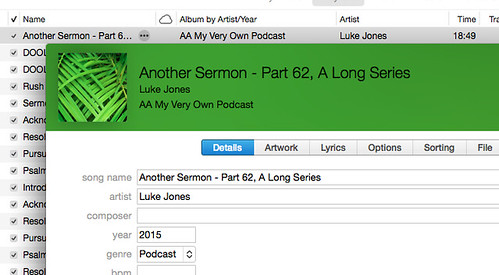It’s time to upgrade your Ubuntu machines.
8 things to do after installing Ubuntu 15.04. One of the items is to add a tweak tool, which reminded me of Unsettings.
I’m working on a similar list for Windows, except (a) nobody gets to install Windows, you have to buy a PC with it preinstalled, and (b) there are about 300 things you have to do next.
Speaking of Ubuntu…. I barely know what a .deb is, so this article was complete gibberish to me, with all this talk about Snaps and Snappy for future releases of Ubuntu.
Bjarne Stroustrup outlines changes in store for C++ in v17. I can barely remember how awesome I used to think C++ was back in 1986. And compared to C, I guess is was, then. Today—forget about it. Just give me a scripting language.
Finally: During the 1990’s I used to be a DIY system builder, but the past decade or two I’ve been too busy and too impoverished. And there’s a lot to be said for buying something small. Still, I might get around to building something again someday. This sounds like fun:


